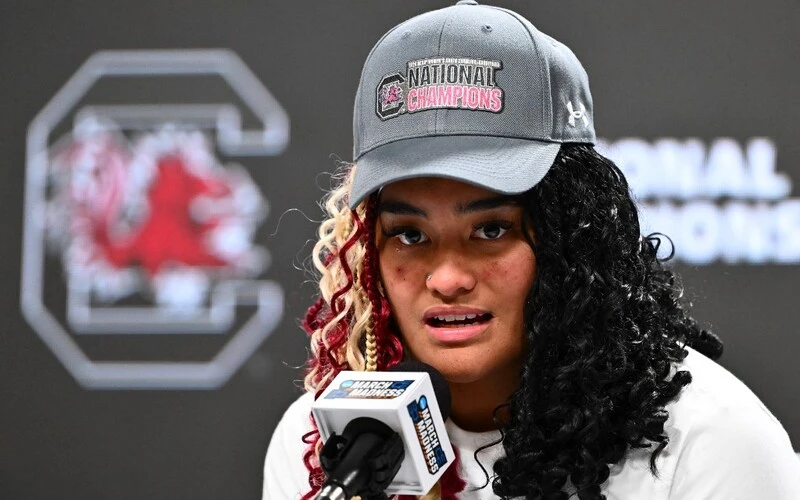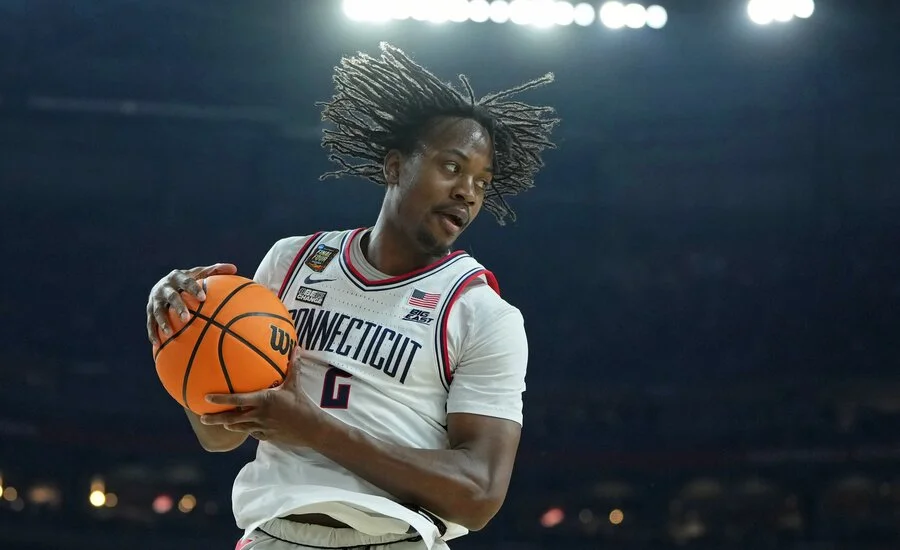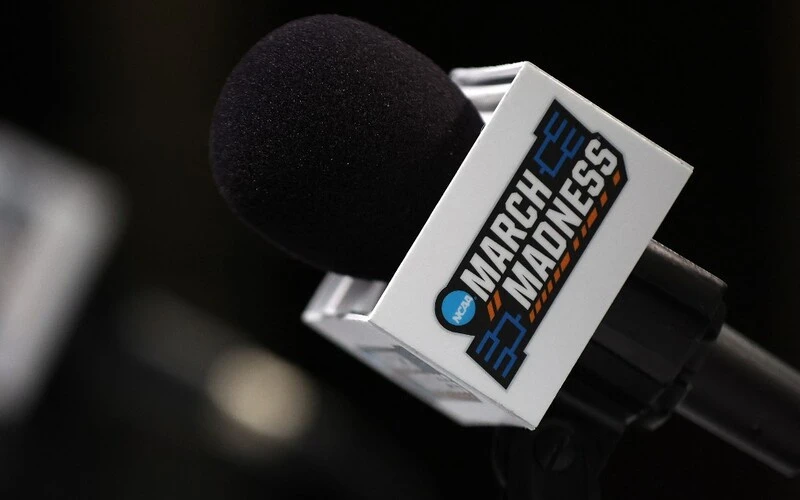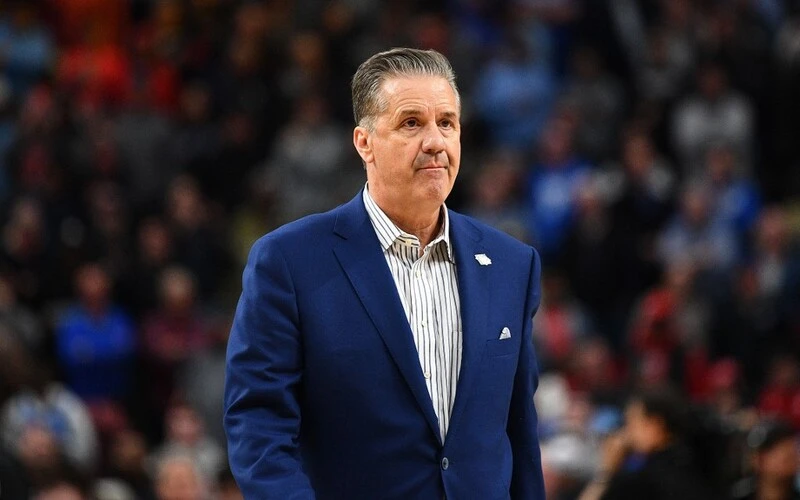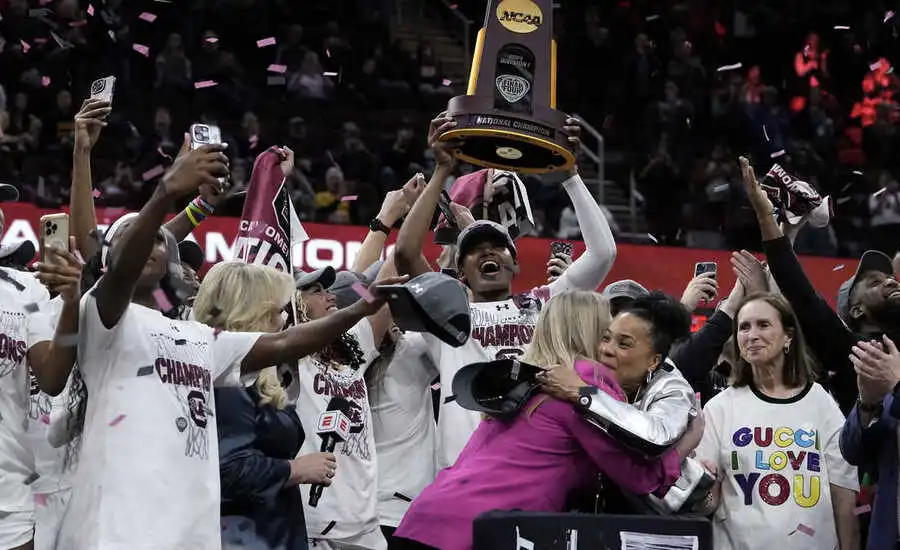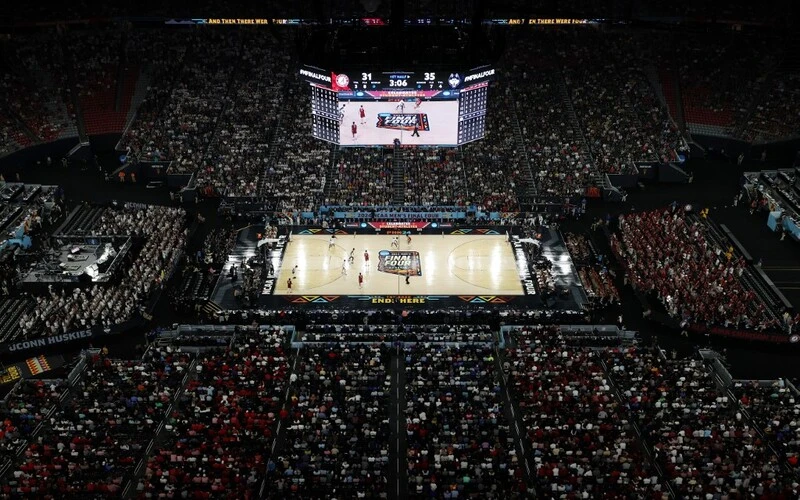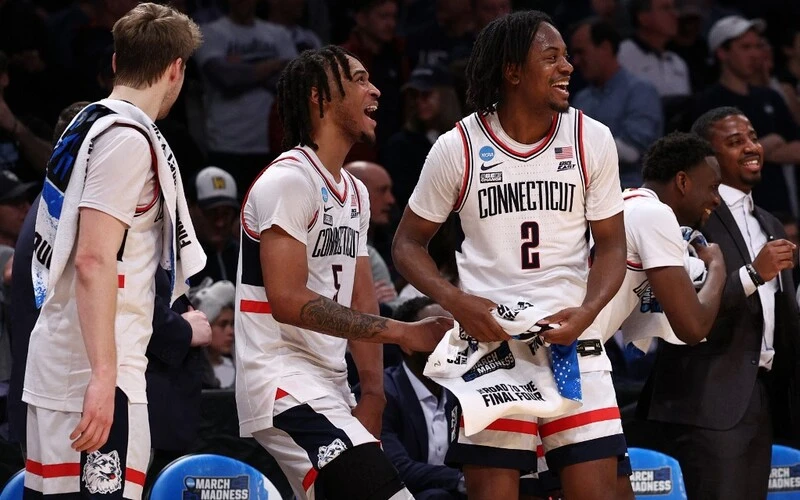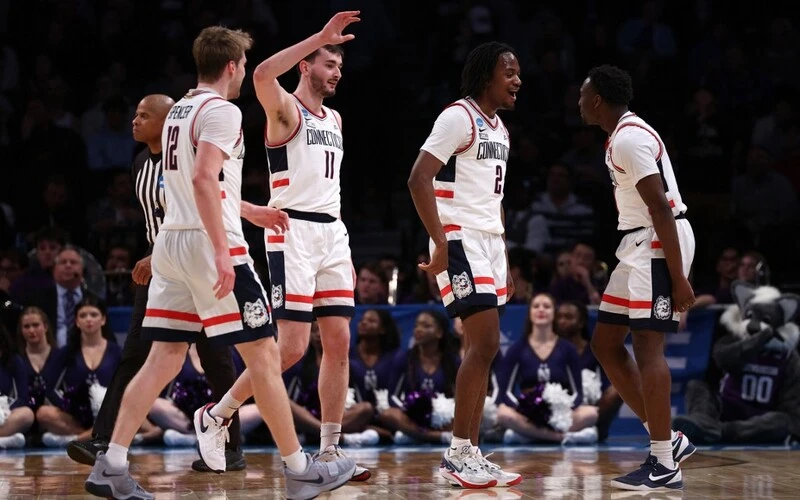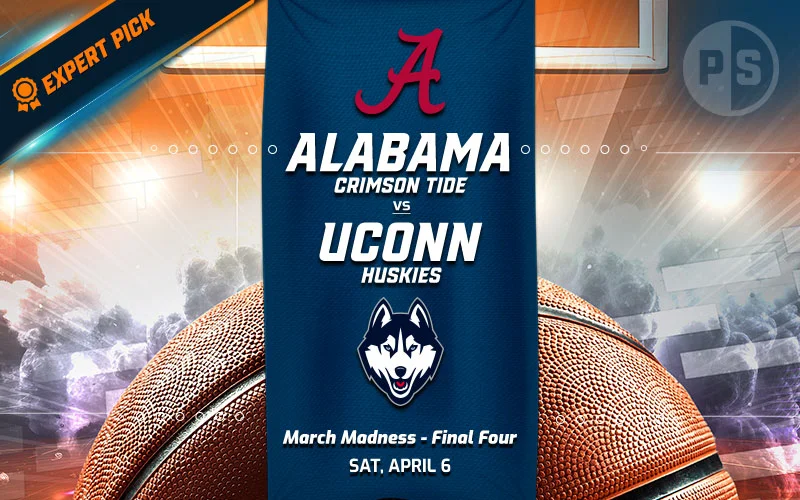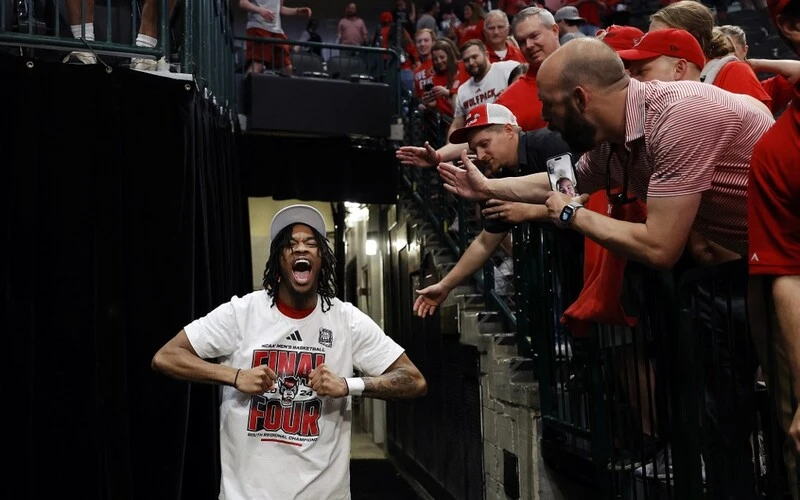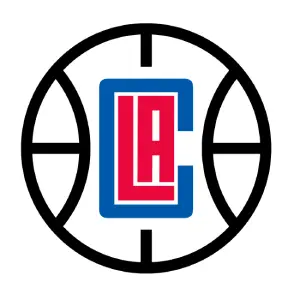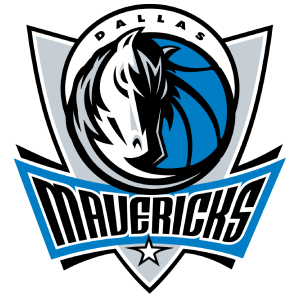 Cardinals
Cardinals
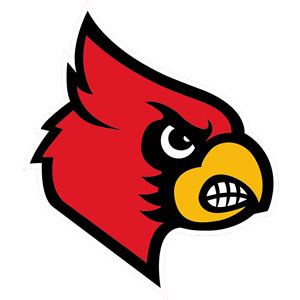 Cardinals
CardinalsNCAAB Louisville Cardinals
General Information
Conference: Atlantic Coast Conference
NCAA Division: Division I
City: Louisville, KY
Stadium: KFC Yum! Center
Championships
- National Championships: 3
- Conference Titles: 17
- NCAA Tournaments: 1951, 1959, 1961, 1964, 1967, 1968, 1972, 1974, 1975, 1977, 1978, 1979, 1980, 1981, 1982, 1983, 1984, 1986, 1988, 1989, 1990, 1992, 1993, 1994, 1995, 1996, 1997, 1999, 2000, 2003, 2004, 2005, 2007, 2008, 2009, 2010, 2011, 2012, 2013, 2014, 2015, 2017, 2019
Past Conferences:
- Big East
- Conference USA
- Metro
- Missouri Valley
- Ohio Valley
- Independent
Louisville Cardinals Standings & Analysis
Check out all the updated Louisville Cardinals standings, recent college football news and NCAAB betting tips, here at Point Spreads.
All-Time Louisville Cardinals Stats & Records
Points Scored
⦁ Darrell Griffith: 2,333
⦁ DeJuan Wheat: 2,183
⦁ Pervis Ellison: 2,143
Rebounds
⦁ Charlie Tyra: 1,617
⦁ Wes Unseld: 1,551
⦁ Pervis Ellison: 1,149
Assists
⦁ LaBradford Smith: 713
⦁ Peyton Siva: 677
⦁ Terrence Williams: 546
Wins
⦁ Denny Crum: 675
⦁ Peck Hickman: 443
⦁ Rick Pitino: 416
Overview of the Louisville Cardinals Standings
Last-Season Standings
The Louisville Cardinals Standings for the 2021-2022 NCAAB season were as follows:
- The Cardinals started off the season with a record of 10-2, placing them at the top of the ACC standings.
- As the season progressed, the Cardinals continued to maintain their strong performance and finished the regular season with a record of 22-5.
- With their impressive record, the Louisville Cardinals Standings secured them the 2nd seed in the ACC Tournament, where they made a run to the championship game before ultimately falling to Virginia.
The Louisville Cardinals Standings in the 2021-2022 season were a testament to the team’s hard work and success throughout the year. Despite facing a number of challenges and obstacles, the Cardinals never wavered and continued to battle through each and every game.
Their tenacity was on full display during the ACC Tournament, where the Cardinals faced some of the toughest competition in the country. Despite facing numerous top-ranked teams, the Cardinals remained focused and determined, eventually earning a spot in the championship game.
The Louisville Cardinals Standings in the 2021-2022 season were also a reflection of the team’s depth and versatility. With a roster full of talented players, the Cardinals were able to adapt to different styles of play and opponents, making them a force to be reckoned with on both ends of the court.
Overall, the Louisville Cardinals Standings in the 2021-2022 season were a testament to the team’s hard work, perseverance, and determination. With a strong foundation in place, the Cardinals will no doubt continue to thrive and succeed in the years to come.
Before Betting on Louisville, Check Out These Tips:
Monitor the NCAAB Team’s Injury Report
Injuries can have a big impact on a team’s performance, so it’s important to stay up-to-date on any key players who are dealing with injuries or are questionable for the game.
Monitor Latest Basketball Trends and Statistics
Don’t just focus on one game or one season. Try to consider the bigger picture and take a long-term approach to your betting. This will help you avoid making impulsive decisions based on short-term success or failure.
Look at College Basketball Betting Trends and Odds
Pay attention to the odds and how they’re moving, and try to understand why. This can give you insight into how the betting public views the team and help you make a more informed decision.
Consider the NCAA Team’s Overall Talent Level
It’s not just about the Louisville Cardinals, but also about their opponent. Look at the opposing team’s strengths and weaknesses and how they match up against the Cardinals. This can help you make a more informed prediction.
Louisville Cardinals Basketball History
There are a lot of asterisks next to some pretty remarkable seasons in recent Louisville history, as the Rick Pitino era was marred by indiscretions. There is so much more to analyze, though, for a program with longstanding success.
The Cardinals made an appearance in an early NCAA Tournament in 1951 and won the NIT – when it was still something worth writing home about – in 1956 to cap a 26-3 season under Peck Hickman.
They were a Final Four team three years later and reached a regional final of the NCAA Tournament in 1961. Hickman led the team to two more tournament appearances before wrapping up a 23-year run at the helm, all of which produced winning records. The program itself has had just five seasons below .500, four since the end of World War II.
The program’s heyday would come in the 1970s and 1980s under Denny Crum, the school’s all-time winningest coach. He’d guide the Cardinals to a Final Four berth and 26 wins in his first season at the helm (1971-72) and again in 1974-75 in the school’s last year in the Missouri Valley Conference.
Louisville joined the brand new Metro Conference in 1975-76 and won either the regular season and/or conference tournament titles in five of the first six years. The best of those seasons was 1979-80 when a Cardinals squad led by superstar Darrell Griffith won it all.
That team, which boasted six players who would eventually play in the NBA, was 12-0 in the Metro and won the conference tournament before a wild ride in the Big Dance. The NCAAB odds might’ve been against the Cardinals after they needed overtime to get through their first two opponents, but they then rolled past LSU to reach the Final Four before knocking off Iowa and UCLA for the crown.
Louisville Cardinals team stats that season displayed a dominant defensive unit, which showed itself in the 59-54 win over the Bruins in the championship. UCLA shot 36.5% in the contest and Griffith’s 23 points were more than enough for Louisville.
Era of Dominance
This title run began an era of dominance for the Cardinals, who reached two more Final Fours in 1982 and 1983 before winning it all once again in 1986. Crum remains one of just 11 coaches to win the title more than once.
The 1986 team was famed for its freshman center, “Never Nervous” Pervis Ellison, who was the tourney’s Most Outstanding Player after producing 25 points and 11 rebounds in the championship game against Duke.
Louisville moved to Conference USA before the 1995-96 season and Crum continued his winning ways, taking the team the following season to an Elite Eight appearance. But the Cardinals would finish below .500 in two of the next four seasons before Crum moved on, opening a spot for Pitino to leave behind a rocky tenure with the Boston Celtics and return to the college ranks.
Pitino engineered a quick ascent back to powerhouse status, as the Cardinals won 33 games in 2004-05 and made it to the Final Four before a loss to top-seeded Illinois. Louisville joined the Big East the following season and, after a down year to begin to play in that conference, embarked on a long run of success.
The team’s last year before it moved to the ACC was 2012-13, when it overcame an early three-game losing streak in Big East play to win the conference’s regular season and conference tournament crowns before racing to the national title with a victory over Michigan.
Pitino was enshrined in the National Basketball Hall of Fame that year and was under contract through 2026, but it all came crashing down amid an escort sex scandal that rocked the program. A few years later, the pay-for-play scheme was uncovered and Pitino was forced out. The results of the Cardinals’ national title run in 2013 and the following three seasons were vacated and the program hasn’t quite recovered.
There was an NCAA Tournament appearance in 2019 and the 2020 team was on a nice path before COVID ended that campaign. Chris Mack was fired following a 6-8 start last season and the team finished with its worst record since 2000-01.
Louisville Cardinals NCAAB FAQs
What is the highest win total in program history?
What was the worst season in program history?
Who is the greatest player in program history?
Griffith is the only Cardinal to earn the Wooden Award for the nation’s top player. He won that in 1980, when he led Louisville to its first national title while averaging 22.9 points. The man known as Dr. Dunkenstein was the NBA Rookie of the Year the following season in Utah and played his entire career with the Jazz, averaging over 20 points per game four times.

